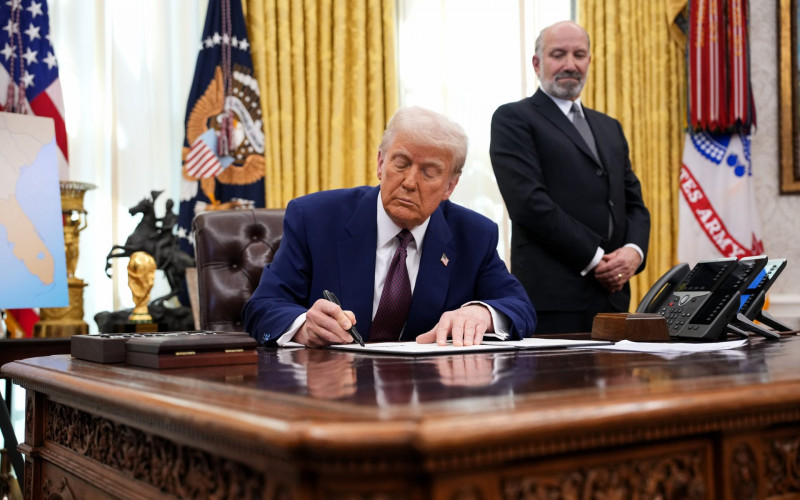Although the key role of the private sector in the Southern African Development Community’s sustained development is recognised, this expansion has also generated unintended consequences in the region around ‘neo-imperialism’ and the crowding out of local businesses, among others. Both the South African government and the corporate sector have an interest in a stable and prosperous region; yet more work can be done in developing synergies on how this objective is executed. The paper reflects on the difficult relationship between the South African government and business since 1994 – partly a function of the domestic legacy of apartheid but also attributed to ideological differences between the two.
Renewed energy on pursuing economic diplomacy under the Zuma administration can be an important pillar of a more synchronised and co-ordinated approach between the two actors, but much still needs to be done in that area. Parliament, organised labour and the African National Congress (ANC) are also key actors in the debate around how South Africa should advance both its national economic interests in the region, as well as promote regional development. Since the ANC’s Polokwane conference in 2007, the party has articulated the need to develop a code of conduct for South African businesses operating in Africa to address some of the negative perceptions (and sometimes actions) of South African business. Work on the code has already begun. The paper explores various options in this regard and ends with a number of recommendations to business, government and parliament.







